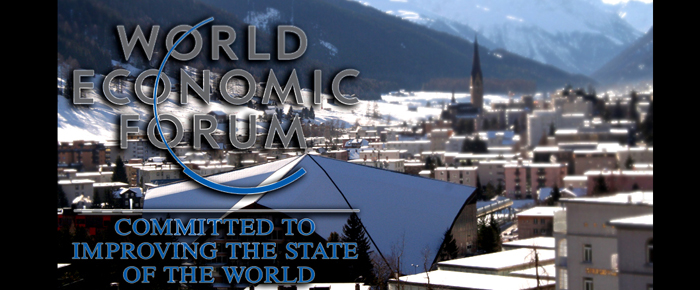
By Haddon Libby
More than 2,500 business and political leaders from 100 countries gathered in Davos, Switzerland in January as part of the World Economic Forum (WEF).
One of the things created by the WEF is its annual Global Competitiveness Report which ranks 148 countries economic competitiveness relative to each another. Each country has its economy grouped into one of three classes: factor-driven, efficiency-driven or innovation-driven. A factor-driven economy relies on low skill workers and natural resources while the efficiency-driven economy is focused on increasing input. An innovation-driven economy is typically more advanced and relies on innovation to sustain and grow its economy. As an example, if we were to apply this approach to California, San Francisco would be seen as innovation-driven economy while the Coachella Valley would be factor or efficiency-driven given its reliance on agriculture and tourism.
Once each country is stratified into one of the three groupings, all countries are then force ranked based on 100 categories that provide insight into its future likelihood for economic success.
For example, to have a strong economy you have to know that what you own will not be taken from you. These property rights are strongest in Finland and Singapore with the United States surprisingly low at 33rd out of the 148 countries. For comparison, Canada was 6th and Japan 12th.
When looking at government corruption, New Zealand is the least corrupt, Venezuela the most corrupt and the United States 29th least corrupt. When it comes to trusting in the ethical behavior of politicians, Singapore is most trustworthy while the US ranks 50th alongside Iran. Countries like Canada (15th), the UK (22nd) and China (26th) were viewed more favorably than the US.
Judicial independence is another critical factor in success with New Zealand considered the best while the US is 32nd. The government that wastes the fewest public funds is Qatar with the US ranked at 76th.
When looking at crime and violence, the US came in at 87th which is comparable to Libya. Russia was 80th, Italy 81st and Mexico 139th.
Organized crime is non-existent in the UAE and much of the Middle East. The US ranked 84th and just ahead of China at 88th with most of Central America ranked as having the most organized crime.
When looking at business ethics, New Zealand and Finland ranked at the top with the US 32nd. When it came to honesty in audit and financial reporting, the US again ranked lower than expected at 36th.
Looking at roads, transportation and the reliability of things like our electric grid, the US came in 19th.
Our healthcare system which we like to think is the best in the world actually came in at 46th when judged by infant mortality rates or 34th if judged by life expectancy.
While we have some of the best colleges and universities in the world, our workforce is the 25th best educated with the primary education of our children ranking below expectations at 41st.
The banking sector in Canada is viewed as the strongest in the world with the US ranking 58th behind countries like Mexico (30th), Japan (43rd) and India (49th).
So which country came out of top? Switzerland followed by Singapore, Finland and Germany. While the US has the largest economy in the world, we came in fifth due to the sophistication and maturity of our business sector as well as our strengths at innovation. Our ranking was significantly lowered by our governmental sector which includes an unsustainably large deficit that ranks amongst the highest in the world and only slightly better than Ireland and Greece.
Looking toward the future, the US government will have to begin living within its means while becoming more efficient, trustworthy and ethical if we are to maintain or improve our quality of life.












































